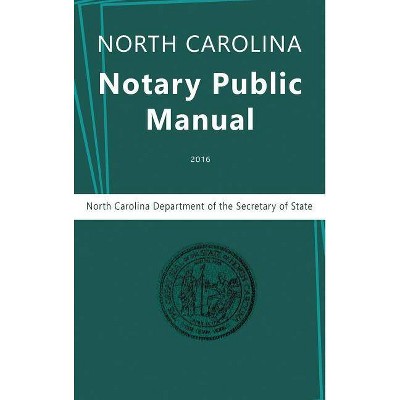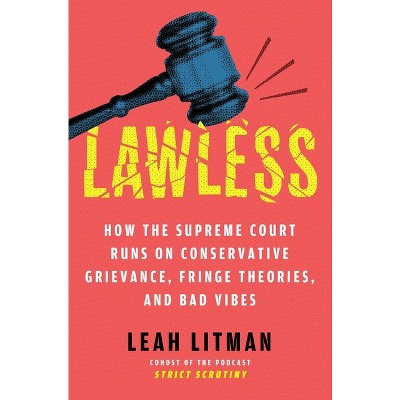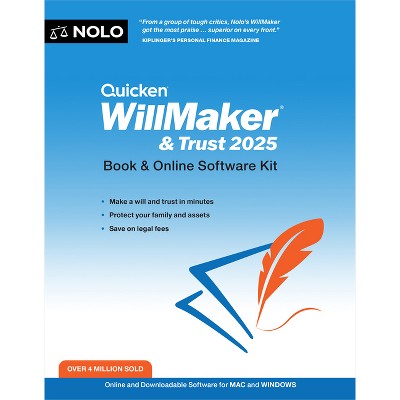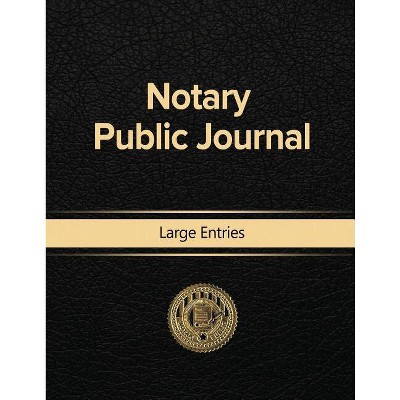Water Rights and the Environment in the United States - (Documentary and Reference Guides) by John Burch (Hardcover)

About this item
Highlights
- This sweeping study traces the development of water policy in the United States from the 19th century to the present day, exploring the role of legislation in appropriating access to water to the American people.
- About the Author: John R. Burch Jr., PhD, is dean of library services at Campbellsville University.
- 472 Pages
- Freedom + Security / Law Enforcement, Administrative Law & Regulatory Practice
- Series Name: Documentary and Reference Guides
Description
About the Book
This sweeping study traces the development of water policy in the United States from the 19th century to the present day, exploring the role of legislation in appropriating access to water to the American people.
Three factors influence the development of water policy and politics in the United States: the availability of water, the manner in which people use the commodity to its maximum economic benefit, and governmental control. This book is a one-stop resource for understanding the scope of water issues in America, from governing doctrine and legislation, to Native American water rights, to water protection and pollution, and to the mitigation of natural and manmade disasters.
Distinguished author and noted scholar John R. Burch Jr. reviews the conflicts among state, federal, and international agencies in dealing with water supply and points to competing legal rulings and laws as undermining the creation of a cohesive policy for all. Through an analysis of key documents, Burch examines the recent calamities befalling the American water system--including droughts, oil spills, and natural disasters--and considers the future of water distribution to the American people. Organized into six parts, sections include doctrines and rights, waters of the West, border regions water management and flood control, environmental issues, and water supply and safety.
- Addresses recent events including the handling of Hurricane Katrina and the BP oil spill in the Gulf
- Consolidates difficult-to-locate documents on United States water policy
- Covers topics as diverse as water doctrine, water rights, pollution control, wildlife conservation, invasive species regulation, and environmental damage mitigation
- Describes the impact of climate change on water supply and safety
- Focuses solely on the water issues affecting the United States
Book Synopsis
This sweeping study traces the development of water policy in the United States from the 19th century to the present day, exploring the role of legislation in appropriating access to water to the American people.
Three factors influence the development of water policy and politics in the United States: the availability of water, the manner in which people use the commodity to its maximum economic benefit, and governmental control. This book is a one-stop resource for understanding the scope of water issues in America, from governing doctrine and legislation, to Native American water rights, to water protection and pollution, and to the mitigation of natural and manmade disasters. Distinguished author and noted scholar John R. Burch Jr. reviews the conflicts among state, federal, and international agencies in dealing with water supply and points to competing legal rulings and laws as undermining the creation of a cohesive policy for all. Through an analysis of key documents, Burch examines the recent calamities befalling the American water system--including droughts, oil spills, and natural disasters--and considers the future of water distribution to the American people. Organized into six parts, sections include doctrines and rights, waters of the West, border regions water management and flood control, environmental issues, and water supply and safety.Review Quotes
"[A] unique and exceptional tool for researchers and students alike. Summing Up: Highly recommended. All academic levels; professionals/practitioners." --Choice
"Burch devotes his effort to careful selection, concise presentation, analysis, and accessibility. The detailed table of contents, the reader's guide, and the chronology enhance accessibility and contextualization. The index, a noteworthy asset, is thorough and provides access at a variety of levels of topics. . . . Burch has produced a work with an engaging narrative style, which is easily used and engenders understanding of how the current state arose and consideration of future directions." --Reference & User Services QuarterlyAbout the Author
John R. Burch Jr., PhD, is dean of library services at Campbellsville University.










